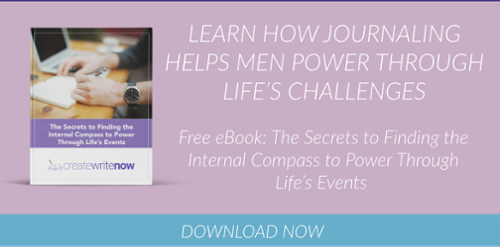We humans are a social species. For the most part, we crave relationships with others. This is both an emotional and physical need, evolved over millennia to help protect and nurture our vulnerable selves from a harsh and unforgiving world. Our sociability, adaptability, and ability to use sophisticated means of communication has enabled us humans to not only survive but thrive.
Knowing that makes it profoundly puzzling to realize that in this day and age, we humans often find it difficult to interact one-on-one and create healthy, positive relationships. With all our highly-advanced communication tools, increased spare time (relatively speaking), and various modern tools and processes that make daily life the easiest it’s ever been, we often fail to develop lasting, positive, face-to-face relationships.

One of the most profound experiences we can have in our lives are the connections we create with other human beings. But, for a number of reasons, we seem to find it more challenging than ever to develop the kinds of relationships that can enrich our lives and make us happier and healthier.
So how do we go about creating healthy, happy relationships and avoid the ones that can cause stress, unhappiness, and disrupted lives? It starts with understanding what constitutes a healthy relationship.
The basic characteristics of any healthy, positive relationship includes honesty, mutual respect, and the ability to say yes and no without fear of some kind of retribution. All of us have a variety of relationships in our daily lives: family, friends, and work-related. Some are positive and, yes, some are negative. So start by analyzing all these relationships -- which people or activities cause you stress? How do you feel around certain people? Then take a closer look at the healthy relationships in your life -- what are the characteristics and what do you and the other person do to make those relationships good ones?
Journaling can play a key role in analyzing and developing positive relationships, providing you with a safe space to reflect on your wants and needs in your interactions with others. Once you know the characteristics of what makes you feel better you can readily identify opportunities to create good relationships and even transform some current ones.
Here are some tips that you can use to help shape your interactions with others and develop the kinds of relationships that can actually enrich and improve your life:
Accept and embrace differences Accept that we are all different. Stop expecting everyone to think and act like you do. Life would be dull if we were all the same. Stop judging and start accepting.
Listen more Active or reflective listening is the single most useful and important listening skill you can have to build better relationships. Listening and understanding what others are telling you is the most critical part of successful interactions.
Give others more of your time Your time is the greatest gift to give people who are important to you. The act of “being present” – of participating in and enjoying what’s actually going on at any given time – is an increasingly rare experience for individuals with their heads buried in a smart phone, tablet, or the myriad other devices that seem to occupy all of our waking time.
Learn to trust more Trust is an enormous part of any relationship. If you can’t trust the other person, you will NEVER have a healthy, positive relationship with them. Period. Look for trustworthiness in the people in your life and spend more time with them and less with the ones who don’t deserve trust. Also, understand that trust is a two-way street. You must earn it as well.
Develop empathy The current corrosive and divisive atmosphere in this country has not helped many individuals build or maintain positive relationships. Empathy is needed to develop solid, meaningful connections between people. What is empathy? It’s the ability to be aware of and understand the attitudes, thoughts, and feelings of others. To be attuned to what they are experiencing. It is NOT the same thing as sympathy. To have sympathy for someone is to feel sorry for them or share similar feelings. You can be empathetic without being sympathetic. In other words, just because you understand someone doesn’t mean you have to like what they like. Being empathetic enables you to more easily accept differences and respect someone. And all of this will help you develop better, more positive relationships.
Every relationship you have can teach you something. You can choose to learn from them; to jettison the negative ones and nurture the positive ones. By building positive relationships with others, you will be happier and more fulfilled and feel more enriched and connected. It’s up to you.
Do you need help with developing strong personal relationships? Learn how to develop great relationships that enrich your life by downloading the eBook titled "The Secrets to Finding the Internal Compass to Power through Life's Events."



Leave Comment